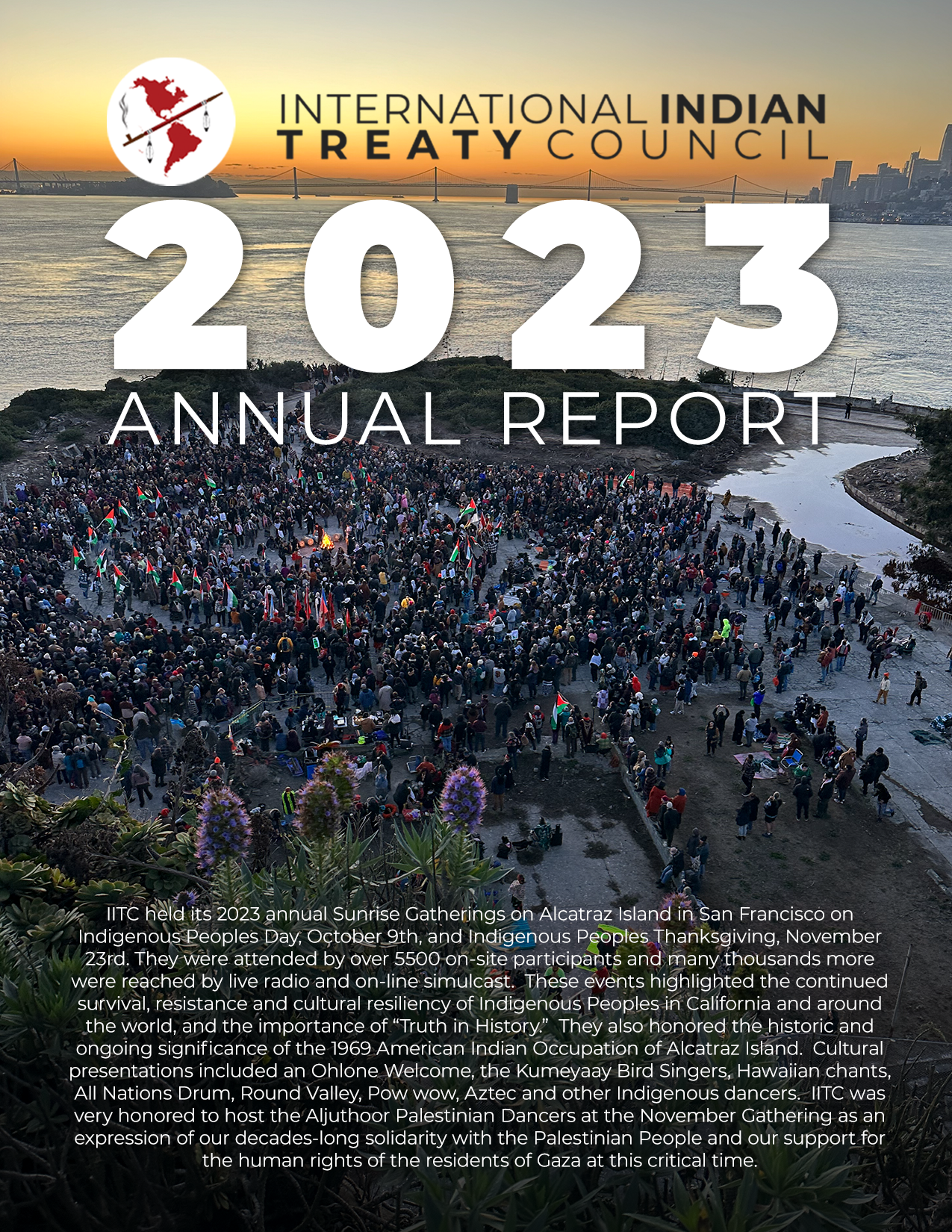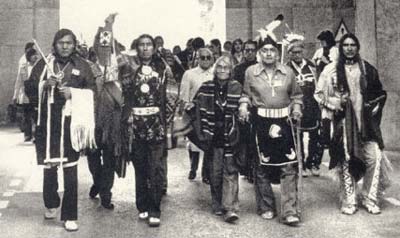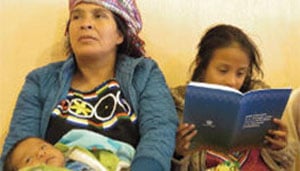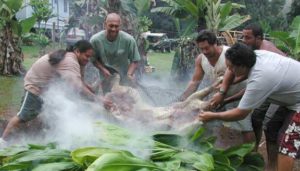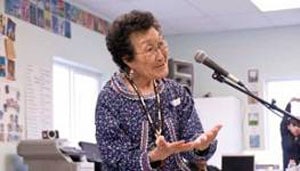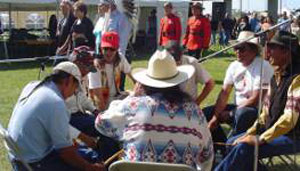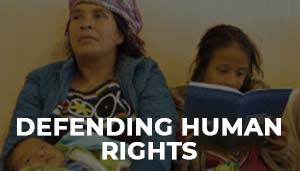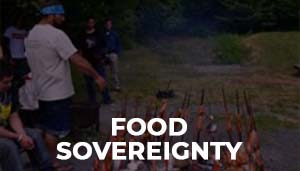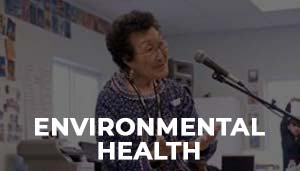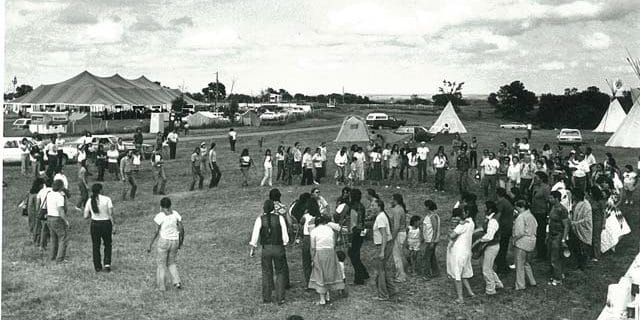This year marks the International Year of Indigenous Languages, declared by the United Nations General Assembly to draw attention to the urgent need to preserve, revitalize and promote indigenous languages.
Languages are how we communicate, and they are inextricably linked to our cultures, histories and identity. Almost half of the world’s estimated 6,700 languages – of which most are indigenous — are in danger of disappearing. With every language that disappears, the world loses a wealth of traditional knowledge.
There are an estimated 370 million indigenous people in the world. A significant proportion still lack basic rights, with systematic discrimination and exclusion continuing to threaten ways of life, cultures and identities. This is contrary to the intent of the United Nations Declaration on the Rights of Indigenous Peoples and the 2030 Agenda for Sustainable Development, with its promise to leave no one behind.
I count on Member States to engage and support indigenous peoples in determining their own development through policies that are inclusive, equitable and accessible. The United Nations stands ready to support all initiatives aimed at realizing the rights and aspirations of indigenous peoples.
Share this post
THE SECRETARY-GENERAL – MESSAGE ON THE INTERNATIONAL DAY OF THE WORLD’S INDIGENOUS PEOPLES, 9 August 2019
This year marks the International Year of Indigenous Languages, declared by the United Nations General Assembly to draw attention to the urgent need to preserve, revitalize and promote indigenous languages.
Languages are how we communicate, and they are inextricably linked to our cultures, histories and identity. Almost half of the world’s estimated 6,700 languages – of which most are indigenous — are in danger of disappearing. With every language that disappears, the world loses a wealth of traditional knowledge.
There are an estimated 370 million indigenous people in the world. A significant proportion still lack basic rights, with systematic discrimination and exclusion continuing to threaten ways of life, cultures and identities. This is contrary to the intent of the United Nations Declaration on the Rights of Indigenous Peoples and the 2030 Agenda for Sustainable Development, with its promise to leave no one behind.
I count on Member States to engage and support indigenous peoples in determining their own development through policies that are inclusive, equitable and accessible. The United Nations stands ready to support all initiatives aimed at realizing the rights and aspirations of indigenous peoples.
